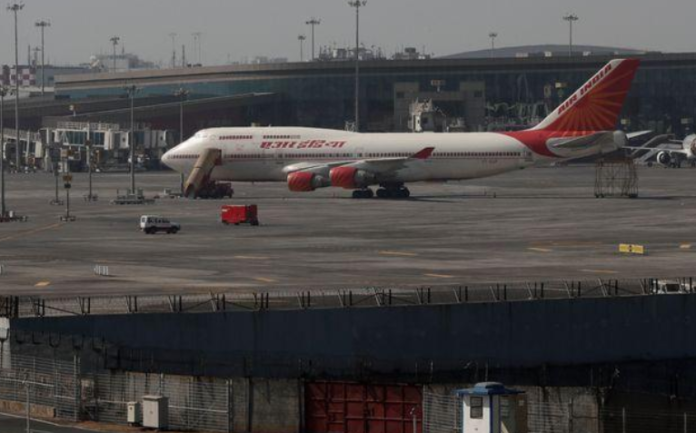Air India estimates it could suffer losses exceeding $600 million if Pakistan’s ban on Indian aircraft over its airspace continues for a year, and has formally requested compensation from the Indian government, according to a letter reviewed by Reuters.
The state-run carrier submitted its request on April 27, seeking a subsidy model to offset the rising costs. The letter, addressed to India’s Civil Aviation Ministry, put the estimated hit at over ₹50 billion ($591 million) annually. “Subsidy for affected international flights is a good, verifiable and fair option… the subsidy can be removed when the situation improves,” the letter stated.
Pakistan’s airspace closure came in response to a recent militant attack on tourists in Indian Illegally Occupied Jammu & Kashmir (IIOJK), and Indian airlines are now forced to reroute many long-haul flights, leading to higher fuel burn and extended crew requirements. The letter noted that “the impact on Air India is maximum” due to its wide international network.
Air India, which commands a 26.5% share of India’s aviation market and operates key routes to North America and Europe, is already under pressure from delayed jet deliveries by Boeing and Airbus. The Tata-owned airline posted a net loss of $520 million in FY 2023–24, on revenue of $4.6 billion.
Data from Cirium Ascend shows that in April, Air India, Air India Express, and IndiGo had a combined 1,200 scheduled flights from New Delhi to destinations in Europe, North America, and the Middle East—routes now impacted by the airspace restrictions.
Three sources told Reuters the Indian government is exploring solutions to ease the burden on the aviation sector. Discussions reportedly include exploring alternative flight corridors closer to Chinese airspace and potential tax waivers. In its letter, Air India urged the government to seek overflight clearances from China and to allow extra pilots on U.S. and Canada routes to accommodate the longer journey times.
Air India and the Civil Aviation Ministry have yet to publicly comment on the issue.




